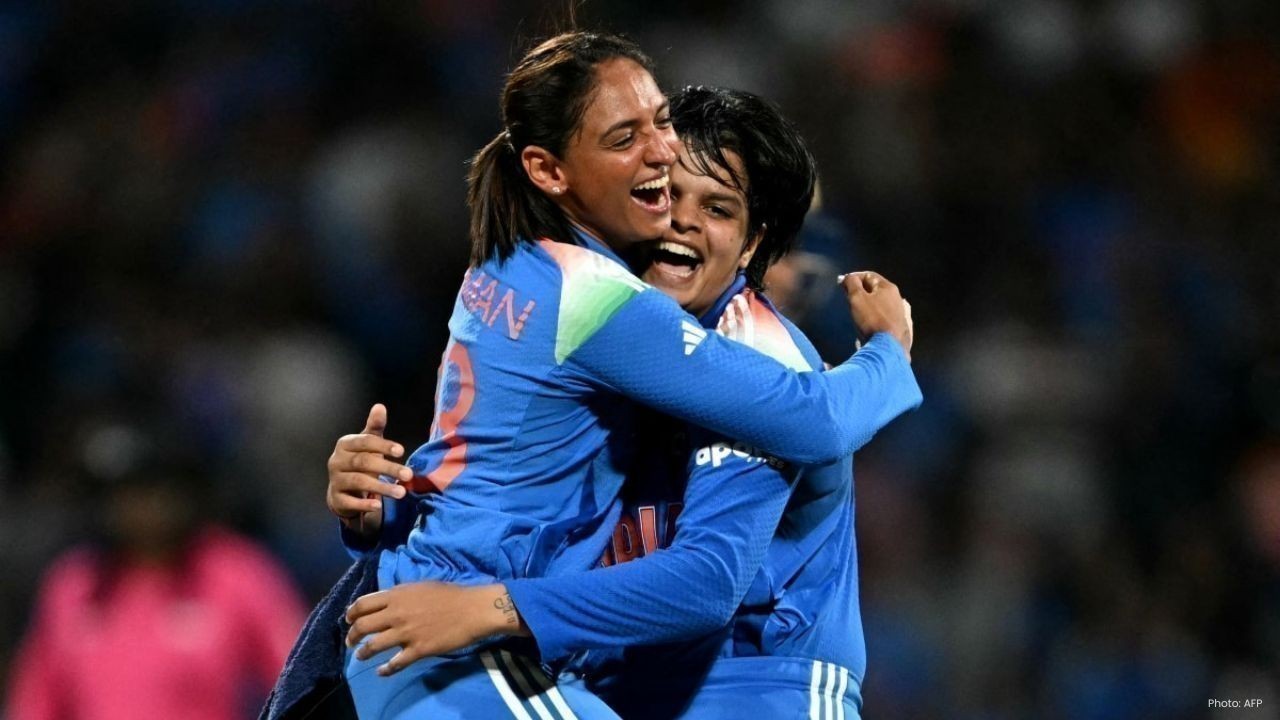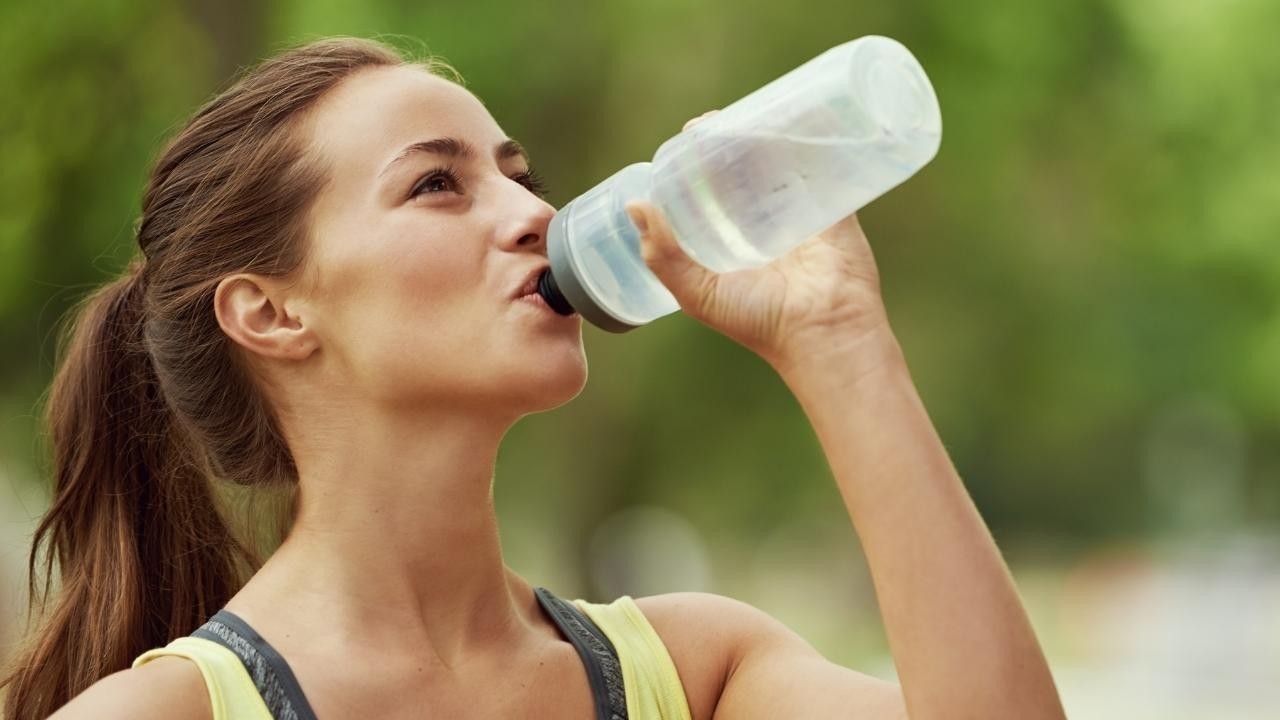
Post by : Zayd Kamal
When it comes to sports health, athletes often face a range of opinions and advice, some of which are more myth than fact. These myths can lead to confusion, poor practices, and even injuries if athletes aren’t careful. In the world of athletics, separating fact from fiction is critical for optimal performance and well-being. In this article, we will tackle some of the most common sports health myths and provide the facts to help athletes take better care of their bodies, maximize performance, and prevent injuries.
One of the most persistent myths in sports health is that stretching before physical activity can prevent injuries. While it’s true that stretching plays a role in improving flexibility and range of motion, static stretching before a workout may not prevent injuries as much as we’ve been led to believe.
Fact: Studies have shown that static stretching before exercise doesn’t necessarily reduce the risk of injury. Instead, dynamic warm-ups, such as leg swings or arm circles, are more effective in preparing the muscles for activity. These exercises increase blood flow to the muscles and improve mobility, which can better prepare the body for the demands of the workout.
Many athletes have heard the phrase, “no pain, no gain,” which implies that if you’re not feeling pain during exercise, you’re not working hard enough. However, this myth can lead to overtraining, injury, and burnout.
Fact: Pain is a signal from your body that something is wrong. While some muscle discomfort can be a normal part of pushing your limits in training, persistent pain is not a sign of progress. In fact, continuing to work through pain can result in serious injuries. It’s essential to listen to your body, rest when needed, and focus on progressive training that prioritizes long-term health over short-term gains.
For years, the standard protocol for injuries, particularly sprains and strains, was to apply ice immediately. While this approach is still common, recent research has challenged the effectiveness of this method.
Fact: Ice may reduce inflammation and numb pain in the short term, but it may not always be the best treatment for an injury. In fact, some experts suggest that ice could slow down the healing process by restricting blood flow to the injured area. In many cases, the recommended treatment for injuries is rest, elevation, compression, and heat application after the initial acute phase. Always seek professional medical advice to ensure proper care.

The idea that athletes should avoid carbohydrates to stay lean and improve performance has gained popularity, especially with the rise of low-carb diets. This myth can be particularly damaging to athletes who rely on high-intensity training.
Fact: Carbohydrates are the primary fuel source for high-performance athletes, especially those engaged in endurance or strength training. Cutting carbs can lead to fatigue, decreased performance, and even muscle breakdown. Instead, athletes should focus on the right type of carbohydrates, such as whole grains, fruits, and vegetables, to fuel their bodies effectively. Carbs are essential for energy, recovery, and muscle building.
Many people believe that they don’t need to hydrate until they feel thirsty. While thirst is a natural indicator of dehydration, relying solely on this signal may not be enough to maintain optimal sports health.
Fact: Thirst is a late sign of dehydration, and by the time you feel thirsty, your body may already be losing performance efficiency. It’s essential for athletes to hydrate before, during, and after exercise to ensure proper fluid balance. Dehydration can lead to fatigue, muscle cramps, and decreased concentration, all of which can negatively impact performance. Aim to drink water regularly throughout the day and supplement with electrolytes if engaging in prolonged or intense activity.
In the past, there was a pervasive belief that women were naturally less athletic than men, often due to differences in muscle mass and hormone levels. This myth has been debunked time and again, yet it still lingers in certain circles.
Fact: While men and women have biological differences, such as muscle mass distribution and hormone levels, women are equally capable of achieving athletic excellence. Women can perform at the highest levels in endurance, strength, and speed sports. In fact, many professional female athletes demonstrate extraordinary feats of power, skill, and resilience that challenge outdated notions about gender and athleticism.
Protein is essential for muscle repair and growth, but there is a widespread myth that consuming excessive amounts of protein will automatically lead to more muscle mass. Athletes and bodybuilders often believe that more protein equals bigger muscles, leading them to overconsume this macronutrient.
Fact: While protein is essential for muscle recovery and growth, consuming more than the recommended daily intake won’t necessarily result in more muscle mass. In fact, excess protein can put unnecessary strain on the kidneys and lead to digestive issues. A balanced diet that includes adequate protein, carbs, fats, and micronutrients is crucial for optimal sports health. The key is consistency and meeting your body’s specific needs rather than relying on an excess of one nutrient.

Supplements have become a big business in the sports industry, with claims that they can improve endurance, strength, and recovery. While some supplements can be beneficial, the belief that they are essential for peak performance is a misconception.
Fact: Most athletes can meet their nutritional needs through a well-balanced diet without the need for supplements. Whole foods offer a variety of nutrients that are better absorbed by the body compared to processed supplements. However, there are cases where supplementation may be necessary, such as in the case of specific nutrient deficiencies. Always consult with a healthcare professional before incorporating supplements into your routine.
While dedication to training is essential for athletic success, there is a myth that the more you train, the better your performance will be. Overtraining can lead to injury and burnout, undermining the benefits of hard work.
Fact: Quality training is far more important than quantity. Athletes must allow adequate recovery time between training sessions to prevent overuse injuries and ensure muscle recovery. Sports health experts emphasize the importance of balancing intense workouts with rest, sleep, and recovery practices like stretching, massage, and proper nutrition to achieve peak performance.
In this article, we explore common sports health myths and help you separate fact from fiction in athletic care. Many people believe things like stretching before exercise can prevent injuries or that you need to suffer pain to get results, but these are just myths. The truth is, sports health is about taking care of your body, listening to it, and using the right methods to stay strong and healthy. We also explain why staying hydrated, eating the right foods, and avoiding overtraining are important for athletes. By understanding the sports health myths, athletes can stay safe and perform better. Remember, sports health is all about balance, not extremes, so don’t fall for the myths
This article is for general informational purposes only. Sports health advice should always be followed in consultation with a healthcare professional. Please seek professional guidance if you need personalized recommendations regarding sports health or any specific athletic care needs.
Sports health, athletic care, sports health myths, fact from fiction, injury prevention, athletic performance, hydration, stretching, training and recovery, nutrition for athletes, overtraining, protein and muscle growth, athletic recovery, myths in sports, performance enhancement, sports nutrition, physical well-being, health and fitness, sports injuries, myth debunking

YouTube TV Offers to Bring Back ABC, ESPN Amid Disney Dispute
YouTube TV proposes restoring Disney’s ABC and ESPN for viewers as both sides continue tense talks o

Harmanpreet’s Gut Call, Shafali’s Magic Seal India’s Glory
Harmanpreet Kaur’s bold instincts and Shafali Verma’s all-round brilliance powered India to their fi

Mexico Mayor Assassinated During Day of the Dead Festivities
Uruapan Mayor Carlos Alberto Manzo Rodriguez was assassinated during Day of the Dead celebrations, r

Antarctica’s Hektoria Glacier’s Mysterious Rapid Retreat
Hektoria Glacier in Antarctica retreated 8km in two months, baffling experts and raising new concern

Sharjah Marks UAE Flag Day with Pride and Unity
Sharjah’s leaders and citizens proudly celebrated UAE Flag Day at Flag Island, uniting in a powerful

Dubai gears up for 10th Al Salam Cycling Championship
Dubai readies for the 10th Al Salam Cycling Championship with AED3.5 million prizes and four major r

The Ultimate Guide to Dieting in Dubai Keto vs Vegan vs Mediterranean
Discover Dubai’s top diet trends Keto Vegan and Mediterranean Find which plan fits your lifestyle f

The Ultimate Guide to Dieting in Dubai Keto vs Vegan vs Mediterranean
Discover Dubai’s top diet trends Keto Vegan and Mediterranean Find which plan fits your lifestyle f

Stay Fit in Dubai 7 Fun Outdoor Workouts Without a Gym
Explore 7 fun ways to stay fit in Dubai from beach runs to desert hikes and skyline yoga No gym nee

Beyond Biryani: Mastering Portion Control in Dubai’s Melting Pot of Cuisines
Discover how to enjoy Dubai’s diverse cuisines wisely Learn simple portion control tips to stay heal

Fabien Marchand — The Infinite Brushstroke of Freedom
French artist Fabien Marchand explores freedom, color, and emotion through his evolving art — bridgi

Dubai’s Healthy Food Revolution 5 Global Wellness Trends Transforming the City
Discover how Dubai is embracing a global wellness wave with plant based diets organic food and smart

Start Your Day with Chia Seeds for Stronger Healthier Hair Naturally
Discover how morning chia seeds boost hair growth add shine and strengthen roots naturally with easy

The Power of SPF Why Daily Sunscreen Use Protects Your Skin from Damage
Discover why daily sunscreen matters Learn SPF basics how to choose the right type and protect your

Simple Hydration Hacks to Help You Drink More Water Every Day
Stay refreshed with easy hydration hacks Learn fun natural ways to drink more water daily boost ener